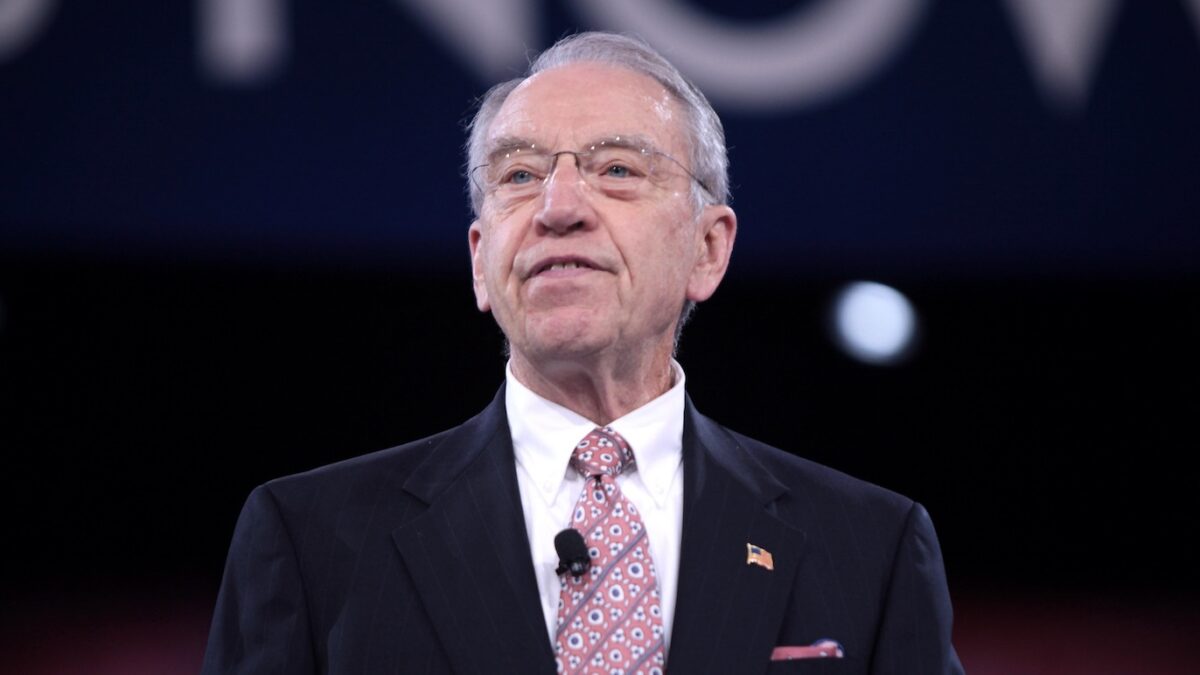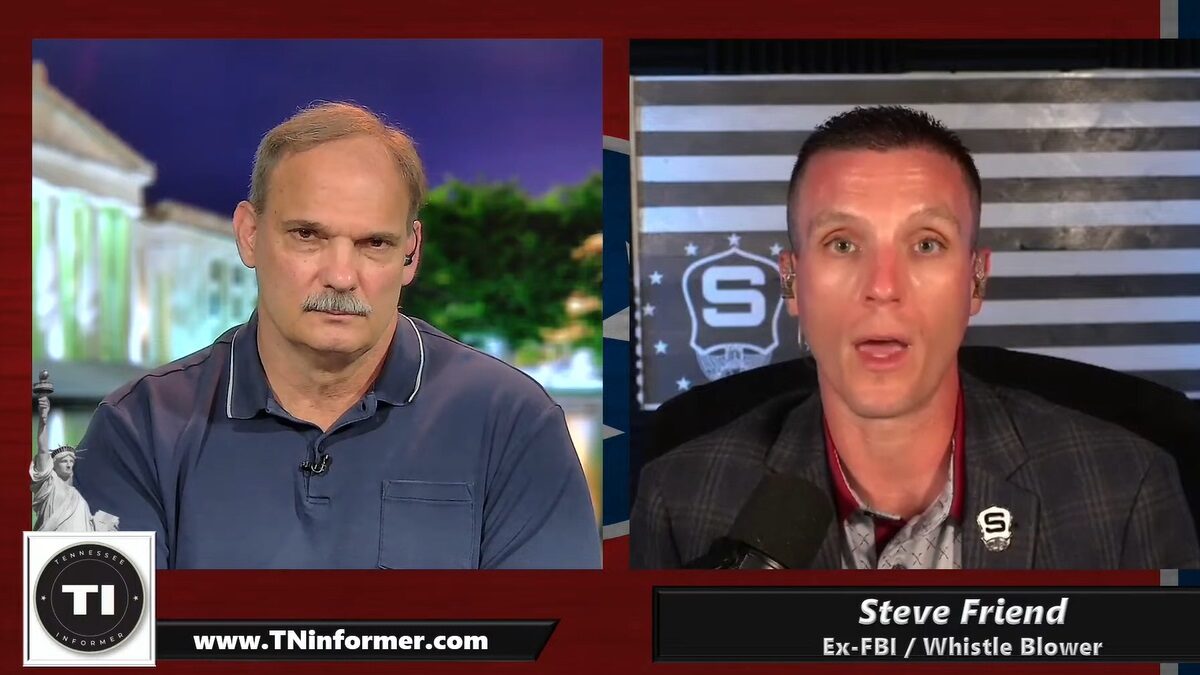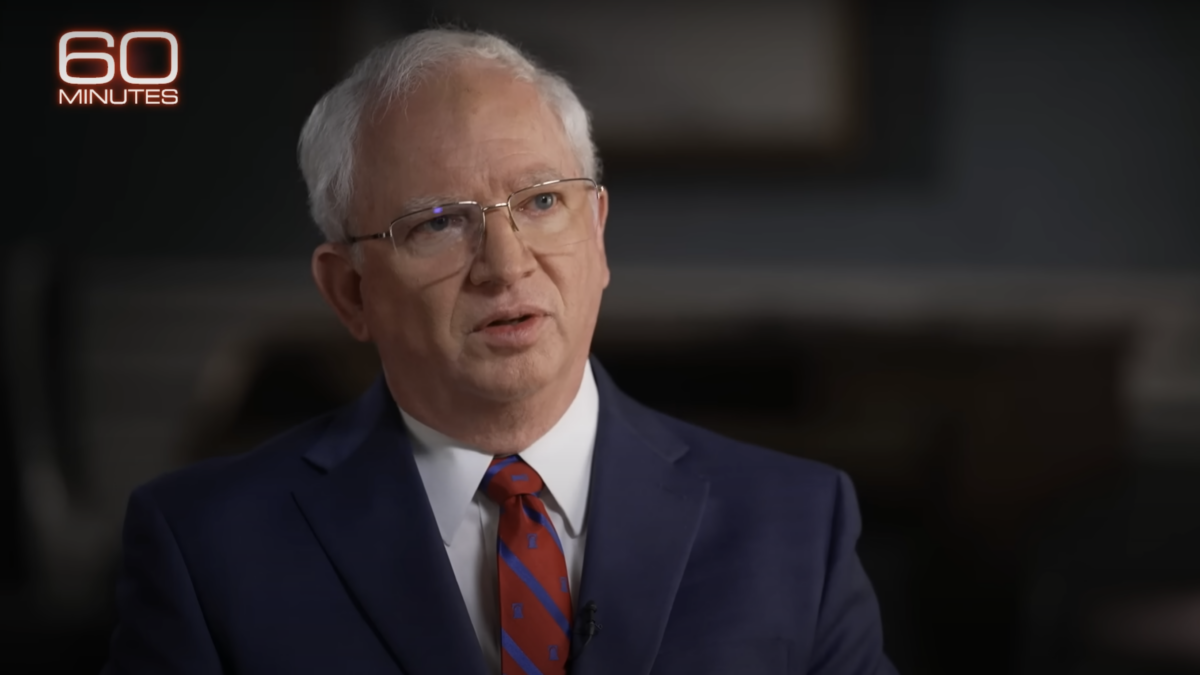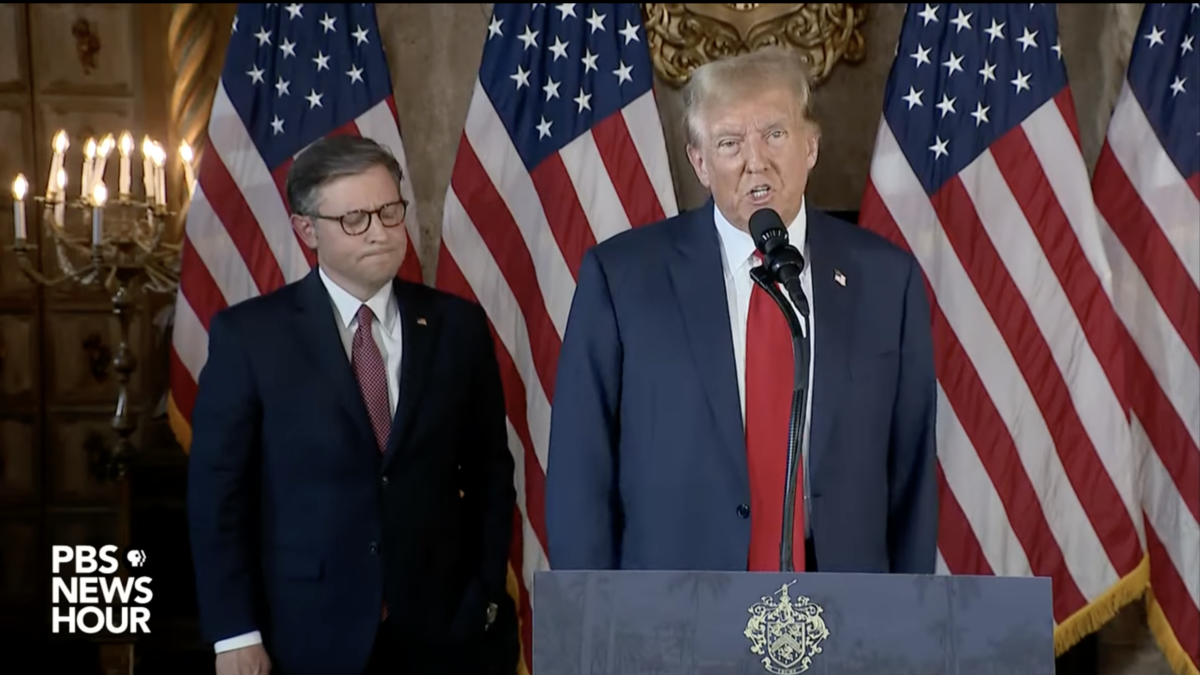Last week, an IRS whistleblower alleging the Justice Department interfered with the Hunter Biden criminal probe was removed, along with his entire team, from participating in the ongoing investigation. The removal has raised questions about whether the Justice Department is engaged in political retaliation against the whistleblowers, in violation of whistleblower protection laws.
Now the IRS whistleblower’s attorney and the whistleblower advocacy group Empower Oversight have sent a letter to IRS Commissioner Daniel Werfel providing further evidence of intimidation against the whistleblower’s team.
On May 18, a second IRS whistleblower sent an email to IRS leadership, including Werfel, expressing concern that he was being removed from the Hunter Biden criminal investigation after nearly five years of work on the case without an explanation. In response to the whistleblower’s letter, IRS officials responded by alleging that the whistleblower was committing a potential crime merely by asking IRS leadership why he was removed from the investigation. According to the letter:
In response to making his good faith expression of reasonable concerns—concerns shared by our client—the case agent had a right to expect that his email would be taken seriously, considered, and addressed professionally without retribution, as the law requires.
Instead, the IRS responded with accusations of criminal conduct and warnings to other agents in an apparent attempt to intimidate into silence anyone who might raise similar concerns. Specifically, the Assistant Special Agent in Charge emailed the case agent suggesting, without any basis, that he might have illegally disclosed 6(e) grand jury material in his email to you. While such a claim is utterly baseless and without support in the law or facts of this matter, the language of the response suggests the case agent may have been referred for investigation, an even more intimidating form of reprisal likely to chill anyone from expressing dissent. Furthermore, the Acting Special Agent in Charge issued a contemporaneous email to supervisors—including our client—admonishing employees to obey “the chain of command,” writing: “There should be no instances where case related activity discussions leave this field office without seeking approval from your direct report.”
The letter goes on to notify Werfel that, as IRS commissioner, he is responsible for making sure that whistleblowers are not retaliated against. In addition to being legally required to stop employees from threatening or otherwise attempting to silence whistleblowers from speaking to members of Congress about corruption, the letter specifically notes that the law is clear that agencies may not require that whistleblowers “seek[] approval from [their] direct report” before speaking out.
In fact, the whistleblower’s May 18 email to Werfel and other IRS leadership begins by explaining that he is concerned his objections are being internally silenced. [The relevant emails are attached to the letter from the whistleblower’s attorney and Empower Oversight to the IRS.] “First off, I apologize for breaking the managerial chain of command but the reason I am doing this is because I don’t think my concerns and/or words are being relayed to your respective offices,” he writes. The letter goes on to explain the difficulty the investigation has caused him personally:
There is a human impact to the decisions being made that no one in the government seems to care about or understand. I [REDACTED] have spent thousands of hours on the case, worked to complete 95% of the investigation, have sacrificed sleep / vacations / gray hairs etc., my husband and I (identifying me as the case agent) were publicly outed and ridiculed on social media due to our sexual orientation, and to ultimately be removed for always trying to do the right thing, is unacceptable in my opinion. Again, my leadership above my direct manager -who was also removed – didn’t even give me the common courtesy of a phone call, did not afford me the opportunity of understanding why this decision was made, and did not afford me an opportunity to explain my case. If this is how our leadership expects our leaders to lead, without considering the human component, that is just unacceptable and you should be ashamed of yourselves. I am continually asking myself, is this the kind of culture we want within the IRS and that I want to be a part of.
For the last couple of years, my SSA [Supervisory Special Agent] and I have tried to gain the attention of senior leadership about certain issues prevalent regarding the investigation. I have asked for countless meetings with our chief and deputy chief, often to be left out on an island and not heard from. The lack of [IRS Criminal Investigation] senior leadership involvement in this investigation is deeply troubling and unacceptable.
In response to the whistleblower’s email to IRS leadership, he received a terse reply from an Assistant Special Agent in the IRS Criminal Investigation division stating “You have been told several times that you need to follow your chain of command” and that “your email yesterday may have included potential grand jury (aka 6e material) in the subject line and the contents of the email.” What potential grand jury material was allegedly included is unclear.
The email sent by the whistleblower contains no discussion of particular details of the Hunter Biden investigation, only discussion of the whistleblower’s personal frustration at having been removed from the investigation and his inability to get IRS leadership to be responsive to his concerns.
Further, without communicating to IRS employees that the law clearly states that whistleblowers cannot be stopped from speaking to members of Congress, the second admonishment sent from the whistleblower’s supervisor declaring “there should be no instances where case related activity discussions leave this field office” is not accurate and could be viewed as an attempt to intimidate more employees from speaking out.
Letter from Empower Oversig… by The Federalist
Letter from Empower Oversight to U.S. Office of Special Counsel by The Federalist on Scribd
Letter from Empower Oversight and Nixon Peabody to IRS by The Federalist on Scribd
This article has been updated since publication.









